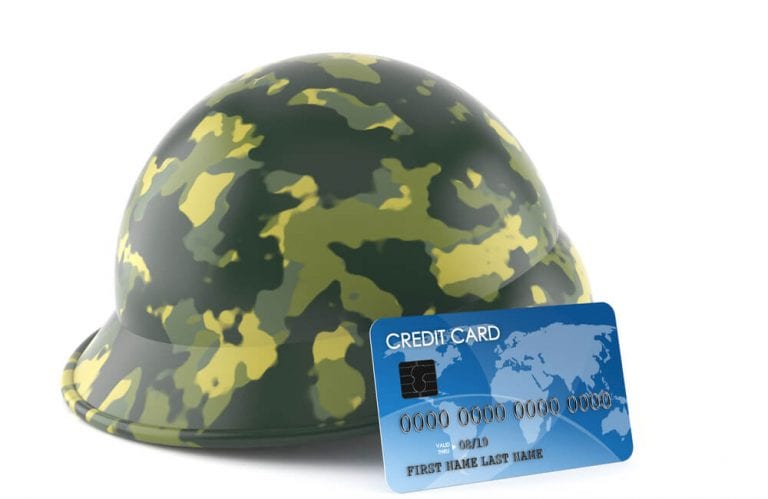Military Spouses and Credit Cards
We all know how important it is for military spouses to hold down the fort while their loved ones are serving our country. However, those lucky enough to have the financial freedom to be homemakers – taking care of the kids, managing finances, and serving as an important cog in Family Readiness Groups (FRGs) – received some relief from a financial obstacle that could have disrupted their home life.
The Consumer Financial Protection Bureau (CFPB) softened a 2011 Federal Reserve rule that requires credit card companies to consider individual income and assets, rather than household income and assets, when evaluating credit card applications.
The CFPB added language that made it possible for card companies to include money that “stay-at-home” spouses (of which there are many in the military) have “reasonable access to“ when deciding whether they qualify for a credit card.
But, as is the case with all government regulations, there are still qualifiers as to how this can be applied. If a military spouse is under 21 years of age, the old rule still applies.
For the record, the old rule states: “A card issuer must not open a credit card account for a consumer under an open-end (not home-secured) consumer credit plan, or increase any credit limit applicable to such account, unless the card issuer considers the consumer’s ability to make the required minimum periodic payments under the terms of the account based on the consumer’s income or assets and the consumer’s current obligations.”
In plain English: When someone applies for a credit card, the card company must take into consideration whether that person has the independent ability to make payments based solely on their own income and assets.
That knocked out a lot of military spouses, who chose not to work.
The new rule states: “For consumers that are 21 years or older, the rule does not require the card issuer to only consider whether the consumer has an independent ability to pay.”
That means that as long as you are 21, you can count the income from your military spouse on your application, thus making you far more attractive to companies that approve credit cards.
The original rule, which still applies to spouses under 21, prevents stay-at-home spouses from building credit in their own names, which is important to financial independence and prevents them from starting over (credit-wise) in the unfortunate event of divorce or death.
Credit cards are an effective credit building tool, reporting information to major credit bureaus on a monthly basis. A history of on-time payments and low credit utilization (using less than 30% of your available credit) can have a positive effect on a consumer’s credit score, impacting interest rates on home and auto loans and eligibility for apartments and employment.
If a military spouse is under 21, and subject to the restrictions, what can they do to build a credit history? Here are three ways to build credit, despite new rules.
- Apply jointly with your spouse. All activity, positive and negative, will be reported to the credit bureaus for both you and your spouse.
- If you have significant assets (money in the bank, property, investments), you may be approved for a credit card based on these assets. Be sure to list them on your application.
- Open a secured credit card at your local bank or credit union. A secured credit card is a credit card that is backed by a deposit. For example, you deposit $500 for a line of credit equal to your deposit. Use $50-$150/month and pay it off, on time every month.
This will help you build a credit history, because every on-time payment will be reported to the credit bureaus. As long as you make on-time payments and only use a small portion of available credit, you will successfully develop your own, positive credit history.
If you are opening joint credit with your service member spouse, remember to make on-time payments and keep your debt-to-income ratio low.
Debt and poor credit can have a negative impact on your military spouse’s security clearance. Debt and your security clearance are like oil and water – they don’t mix!
Related Articles

